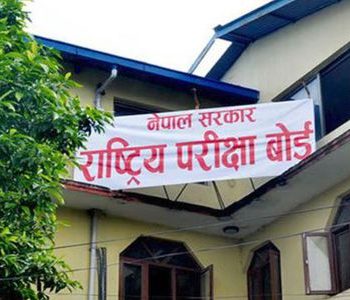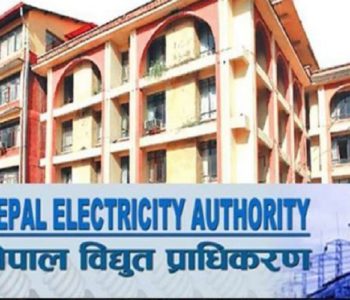Development banks and finance companies under NRB face major financial troubles

KATHMANDU: Development banks and finance companies operating under the so-called strong regulatory framework of Nepal Rastra Bank (NRB) are now facing problems similar to those observed in cooperative institutions. These institutions undergo on-site inspections once a year, alongside weekly, monthly, and quarterly monitoring of their financial statements. Yet, their condition appears as fragile as poorly regulated cooperatives.
Recently, NRB declared Karnali Development Bank a “troubled institution” and took over its management on Christmas Day, citing its inability to return depositors’ money. Despite initiating urgent corrective measures two weeks ago due to insufficient capital adequacy and a non-performing loan (NPL) ratio exceeding 40.85%, NRB found the bank lacked the means to repay depositors, leading to its swift intervention.
Rising Financial Troubles
A report has already revealed that cooperative institutions have sunk approximately NPR 88 billion of public deposits. Similar issues have also surfaced in microfinance institutions under NRB’s regulation. While the exact losses in microfinance remain unclear, several banks and financial institutions investing in such entities have requested NRB to allow them to convert their lost investments into shares.
Data indicates that while NRB is implementing recovery measures for Karnali Development Bank, nearly half a dozen other institutions are also facing financial distress. However, the published financial statements of these entities may be unreliable.
For instance, Karnali Development Bank reported an NPL ratio of 7.27% and a capital adequacy ratio of 10.05% as of mid-October. However, upon investigation, NRB discovered the actual NPL ratio was 40.85%, and the capital adequacy ratio was negative, prompting regulatory action.
Broader Financial Weakness
Currently, Nepal has 17 development banks and 15 finance companies. Among them, Karnali Development Bank, along with two other development banks and three finance companies, are in poor financial health.
Aggressive Lending and Poor Governance
Many of these institutions, including Karnali Development Bank, have landed in trouble due to aggressive lending practices. Loans were often extended to relatives or large clients, such as real estate and business operators, while attempting to inflate profits.
According to available data, Narayani Development Bank, Saptakoshi Development Bank, Samriddhi Finance, Pokhara Finance, and Janaki Finance are among the institutions struggling financially.
Saptakoshi Development Bank: The financial distress here stems from actions by its former CEO, Navin Kumar Subedi, who allegedly misappropriated remittance funds and engaged in unauthorized investments.
Narayani Development Bank: Previously declared a troubled institution and rescued through the entry of new investors, it now operates similarly to its old practices, with its NPL ratio reaching 35%.
Janaki Finance: Shifted focus from small loans to large loans. However, major borrowers failed to repay, leading to an NPL ratio exceeding 34%.
Pokhara Finance: Adopted aggressive investment strategies post-COVID-19, but many loans have since gone unpaid, placing it in financial difficulty.
Samriddhi Finance: Directed loans as instructed by its board members, but these loans remain uncollected, pushing its NPL ratio well beyond regulatory limits.
Regulatory Failures and Delays
NRB was aware of these issues in development banks and finance companies but failed to act promptly. This inaction allowed Karnali Development Bank to reach a stage where it could no longer refund depositors.
Back in late June, NRB had released a detailed report highlighting numerous governance lapses in development banks and finance companies. These included board members and executives claiming allowances for meetings they did not attend, undertaking unofficial foreign trips at the company’s expense, granting loans to family members or affiliated businesses, and waiving interest for relatives. Weak internal controls were also noted. Yet, despite identifying these issues, NRB took no action.
A Recurring Problem After a Decade
During the tenure of Governor Dipendra Bahadur Kshetri, NRB had tightened its regulatory and supervisory framework, exposing problems in several financial institutions. The first development bank in Nepal, Nepal Development Bank, was liquidated under his leadership.
Subsequent governors, including Dr. Yubaraj Khatiwada, continued to address governance issues, leading to the declaration of several troubled institutions. Some were liquidated, others were merged with larger entities, and some were revived with new investors.
Currently, Nepal Share Markets and Finance Limited, along with Capital Merchant Banking and Finance, remain listed as troubled institutions under NRB’s oversight.













Facebook Comment